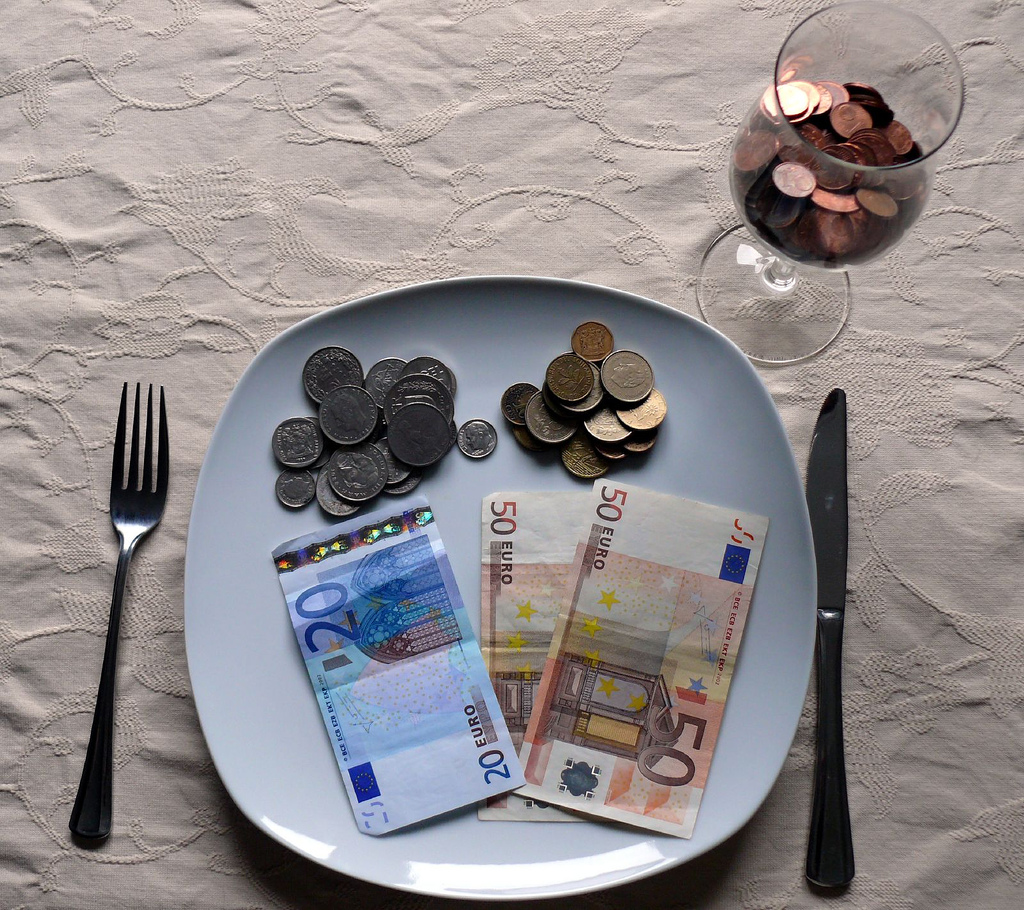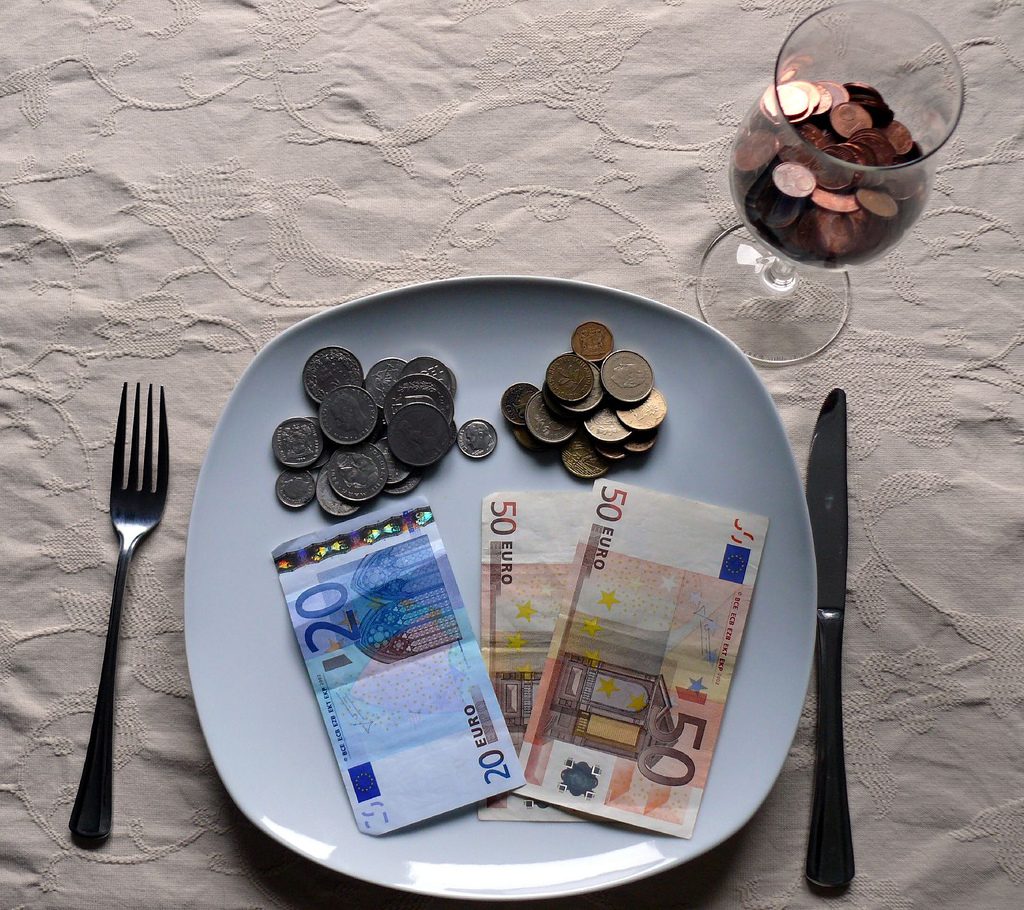
Of all the emerging threats we may face, the wolf closest to or already in the sled is here at home. It is, to repeat that childishly effective phrase of the 1992 presidential election, the economy stupid! Despite a rebound in the stock markets and expectations of “green shoots” of recovery, the economy is still in ill-health. What we are probably seeing is the movement of the economy into the eye of the storm rather than passage into calm waters.
The great comic strip philosopher Walt Kelley and his famous creation Pogo knew long ago the danger. We have met the enemy Pogo told us. And it is us.
First, some of the more obvious bad economic news is relevant. Last week’s Financial Times reminded its readers that Europe was still in serious economic decline with little hope of short-term recovery. Given the intimate and shared economic relationships that extend far beyond the notion of globalization, American economic recovery cannot and will not occur in isolation.
Second, batten down the hatches as the trillions of additional dollars poured into the market place will have at least three very predictable consequences regarding interest rates, inflation and redistribution of wealth.
Third, unexpected events whether in the collapse of yet another speculative bubble such as commercial real estate or the even greater compression of the auto industry that once accounted for about 1/5 of domestic purchases are in the offing.
How much money has been poured into the economy is difficult to determine in relatively exact amounts. The Trouble Asset Relief Program (TARP) and the stimulus package roughly total $1.5 trillion although both accounts have not been fully spent yet. The commitment of the Federal Reserve and FDIC, whether through expansion of the money supply or committed obligations, measures in the trillions. And of course the long term budget deficits matched by a total national debt that soon will exceed 100% of GDP, have powerful and negative economic effects on growth and prosperity.
We are dealing here with the laws of physics, not economics. Interest rates, absurdly close to zero will and must climb. As the government seeks more foreign debt to cover stupendous deficits, upward pressure on interest rates is inevitable. And as inflation returns as it must—only the issue of when is impossible to predict—interest rates will also rise as an antidote.
The effects will be economically chilling. Consider home ownership. With mortgages under 5%, refinancing has been booming. But what happens when interest rates reach levels of 8, 9, 10% or higher? The housing market will hit a brick wall. Given that the subprime mortgage market was the fuse for the current meltdown, will we see a repeat driven by the hike in interest rates?
But the really chilling political consequences of the current economic mess could prove to be the most significant. Conservatives have criticized and right wingers attacked President Obama’s stimulus and tax packages as aimed at redistributing wealth downward to the lower income groups of American society. The criticism is correct. A profound redistribution of wealth in this country will occur. However, the critics have it going in the wrong direction. It will not be the rich who get poorer. Many of the nation’s wealthiest are headed for a taxpayer backed bonanza.
As banks and other institutions begin to offload troubled assets, many will be bought at pennies on the dollar. Those assets will be turned around over time and the owners will make multiple times the initial investment or more especially if the borrowed money was financed at today’s lower rates. And it will not be the middle or poorer classes who will so benefit. The nation’s wealthiest, manifested in how the big boys such as J.P Morgan, Goldman-Sachs and many others exploit this opportunity, have everything to gain. And gain they will along with risk taking entrepreneurs who also see the chance to make huge amounts of money in buying up these assets.
Three years ago, few people saw the crash coming. Some of us began writing then about the need for oversight, transparency and, yes, even regulation of hedge funds and the excesses of leverage in Credit Default Swaps, derivatives that had been largely banned 100 years ago and brought back to life in the last days of the Clinton administration.
King Canute could not turn back the ocean. And we may not be able to prevent further economic decline that is almost certain to come. However, the nation’s leadership should have the vision and common sense to see how clever businessmen will exploit the troubled asset program at taxpayer expense and at least begin the discussion on how to deal with that. Otherwise, Pogo will again be proven right. We are the enemy.
Harlan Ullman is a member of the Atlantic Council’s Strategic Advisors Group and a Distinguished Senior Fellow at the National Defense University. This essay was originally published as “We Have Met the Enemy” in Ullman’s Outside View column, part of UPI’s Emerging Threats analysis section. Photo by Flickr user wai.ti, used under Creative Commons license.
Image: EatMoney.jpg
